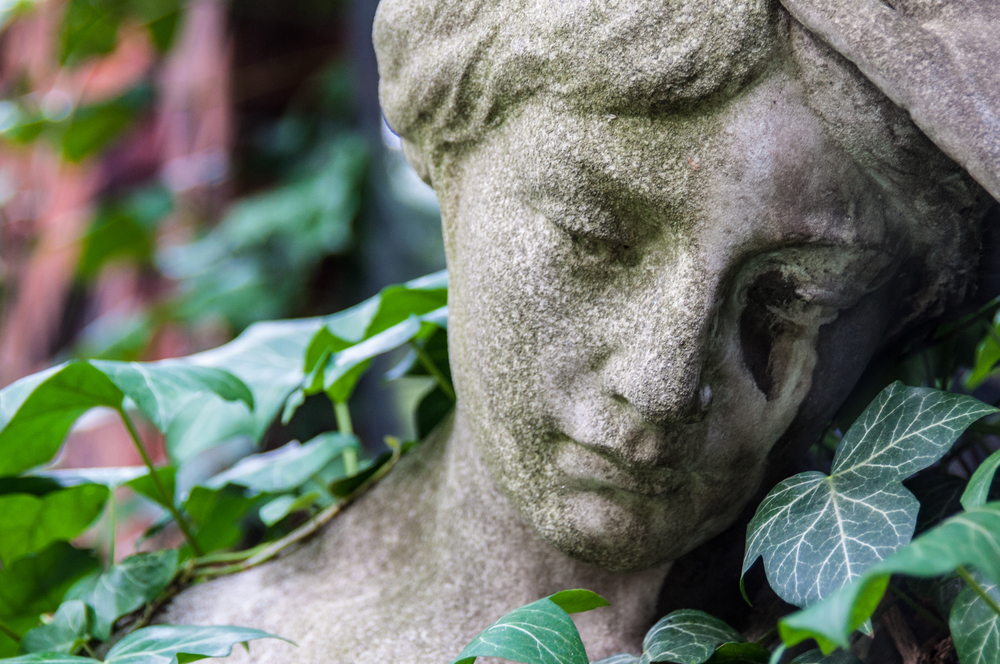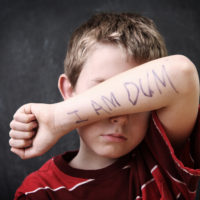The recent articles printed in these pages about trauma and how people recover have generated dozens of readers writing in to share their stories of loss and their search for recovery. Some people are dealing with the loss of their home in one of the recent devastating fires, some may be injured—or have lost a loved one—in the recent Aurora movie theater shooting, some have lost their jobs, some have lost a home to foreclosure, and some may be dealing with a divorce, a death, an empty nest or a major disease or illness. No matter what tragedy you may be dealing with, recovering from a major loss is no easy task.
People who are recovering from a major trauma have a powerful need to talk about what has befallen them. Here are some excerpts from Denver Post readers who wish to tell their stories:
Dear Neil: My mother lost her home of 48 years in a hurricane in 2008. The memories of the mildewed wreckage of her home still haunt me. We helped clean up for almost 2 weeks following, and we gutted the entire home because of the water damage. I believe the PTSD memories will always stay with me and other victims. Does it change the way I look at life? You bet it does.
Highlands Ranch
My husband and I lost our beautiful 23 year old son just over a year ago. To lose someone close to you, particularly a child, is a different kind of loss. I am one of the lucky ones. We had a great relationship. I told him I loved him in our last conversation. I feel no guilt—he was struck by a car while riding his bike across the country; a life long dream. And yet, as I read the writings of others who have lost children I am told that I will never completely recover from this loss. I’ve lived my life joyfully, being willing to let things go when I must (money, beloved heirlooms that get broken, even friendships occasionally), but to lose a child is a loss that can’t be let go. I’m not saying that I won’t ever get better or that I’m not trying. I’m already much better. But that I don’t believe that the 100% you offer is an achievable goal.
Fort Collins
I have been reading your column in the Post having experienced loss in the High Park fire. I take issue with your reader who said there are worse things that can happen. Must we measure grief? Don’t belittle people’s grief; let them own their grief and not have to feel guilty because “it is not as bad as….” As for the idea that losing a home is not as bad as losing a loved one, most people mourn not for the TV, computer, etc., but for the sentimental items like the golf clubs and fishing tackle box which belonged to a deceased father, a daughter’s artwork and other things that bring joy. They are not mourning the physical item as much as the memory behind it. The items are symbols of people they love, both living and dead. They truly have lost a part of that person.
Fort Collins
In March, my beloved husband of 58 years gave me a kiss and left to go for a workout. Shortly thereafter, he died of a massive heart failure. Although I will always be grateful that he did not suffer, I am shocked, devastated and lonely. Your column has given me some needed perspective. I choose to go on living and let go of my grief, even though I will always love him. This is the first time in my almost 80 years that I have EVER lived alone. I guess I have to get out and get going. Thank you for the wake up call. Now all I have to do is put these words in action!
Denver
Allow me please to say a heartfelt thank you for your article written in behalf of the people coping with major trauma. No, I was not in any of the fires, thank God, but yes, I am dealing with a major trauma (was hit by a pick-up truck while walking across the street). While the physical damage is a lot of “soft tissue” (torn rotator cuff, etc.), the major damage is emotional. As I read your article on the bus ride home from work, tears poured down my face since you expressed exactly what I have been feeling for the past year and a half. I hate the person I have become. Hopefully, I will again become the person I was, with some help.
Denver
My husband and I have been homebuilders for 35 years. Over the last 4 years we have lost a rental home to foreclosure, a model home to short sale, land foreclosed on when the bank failed, and our own home to a short sale. We are 60 years old, living in a rental, with most of our furniture sent to consignment because we have downsized. We’ve had NO work for 2 1/2 years.Our son was also in kidney failure and received a transplant 3 years ago. We then had to evacuate due to the Waldo Canyon fire, but thankfully our home and “stuff” were not lost. I am incredibly sad most of the time. But I have faith in God and hope for the future.
Colorado Springs
I lost my home in 2010 and still miss it and think of it often. In 2011 I was hit by a car, and the last few years have been very stressful and hard. Even though losing possessions can be overwhelming, I feel more sympathy to those without insurance in the last fires.
Lakewood
My own loss was much more personal/intimate than something like my home burning in a wildfire. But my loss was not shared with the world via newspaper photos, television reports or internet postings. It seems to me that people whose loss is so publicly shared have a different layer of challenge that I have not experienced.
Wheatridge
I’ve endured 25 years of physical infirmity and disability—first a degenerative bone condition, then heart failure which culminated with a heart transplant. I feel robbed of life because of the transplant—void of purpose, deprived of an avocation, physically limited, bad self image—which makes me feel even more removed from “normal” life. But I’m finally getting healthy and mobile enough to get re-engaged in life.
Lakewood
I am just coming out of the black hole of grief and loss, and your words made me realize that I am “normal” and not crazy. Thank-you. I had a good conversation with a young man at the DMV (yes, the DMV) who had a sign in his cubicle: “From ruin comes transformation.”
Denver
Dear Readers: No matter what the loss, recovery is a long, challenging process—and most people don’t know how to do it. It takes enormous personal reserves of energy, time, faith and hope, and often money. It requires a will to survive and to not let what happened haunt you—which is a lot easier to say than to do. Recovering from loss requires you to believe in yourself, have a strong will to recover, have good coping skills and to find some overarching purpose and/or reason to live.
When a major loss occurs, you will grieve or mourn for what you no longer have, and grieving usually lasts a lot longer than you expect it to. It’s OK to be there for a while, but eventually you must find a way to make peace with what has befallen you, and come to terms with your new life the way it is right now, not the way it was.
It will help you enormously to find some sort of silver lining in what you are going through. That is, you know what you lost. Now look very carefully at what good can come out of your loss. I’m not saying that good comes out of people dying in a movie massacre, but rather what you do with it after it occurs. Everyone who is dealing with a major loss is faced with the same choice: allow yourself to be angry, bitter, defeated and let your spirit be destroyed, or find a constructive outlet for your emotions that is forward looking—such as creating new goals for your life, a new vision for your future or devoting yourself to a greater good.
No, it doesn’t take the pain away, but it will help you heal.





